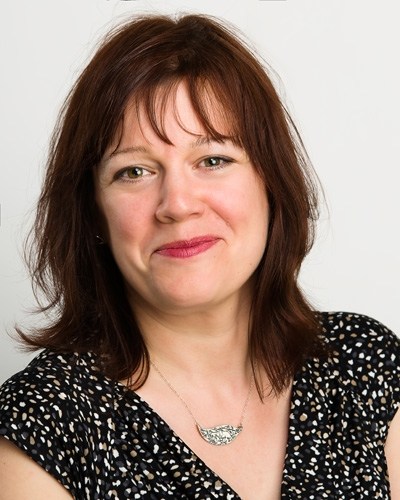 Hello.
Hello.
On 1 April, the Yorkshire and Humber Patient Safety Research Collaboration (YH-PSRC) will be launched in the region. This research centre is a collaboration between University of Leeds and Bradford Teaching Hospitals NHS Foundation Trust (BTHFT). We are one of six PSRCs in the country funded for the next five years to work with our NHS and social care partners across the region and I am delighted to say that we, in Yorkshire and Humber, are the largest centre in the country.
This national funding is an evolution of the current NIHR Patient Safety Translational Research Centre (PSTRC) scheme. Previous research undertaken through the scheme has already had an impact on NHS frontline services. The funding we have received over the past five years from NIHR has supported the team to:
- develop an intervention to reduce delays in diagnosing cancer in primary care
- demonstrate how people with learning disabilities experience poorer patient safety outcomes in hospital
- work with older patients, doctors, nurses and pharmacists to develop tools that support safer use of medicines e.g. https://bmjopen.bmj.com/content/bmjopen/12/3/e054279.full.pdf.
We have also designed tools that help healthcare staff to make more accurate decisions about which patients in their care are most poorly (https://carssresearch.org) and designed and evaluated training and resources to reduce staff burnout and help retain staff e.g. https://secondvictim.co.uk.
Our vision for the new NIHR YH-PSRC is to co-produce, implement and evaluate innovative solutions to make care safer for patients and their families. These will be grounded in an understanding of the realities of health and social care systems, particularly in this Covid-19 recovery period. We understand that healthcare is delivered and experienced by patients across a complex health and social care system. Acknowledging and embracing this complexity is essential if we are to deliver effective solutions to patient safety problems. Our themes of work address four of the strategic patient safety challenges identified by NHS England. Each theme addresses a piece of the jigsaw of optimising safety in complex integrated care systems:
- the importance for safety of just and learning cultures
- the need to know how safe services are now, and in the future, not just how safe they were in the past
- the value of evidence about what are effective safety practices (and what are not)
- the key role that patients/families play in managing safety at home.
Over the next five years our aim is to deliver a programme of work in these areas by focusing on four themes of work (see diagram).
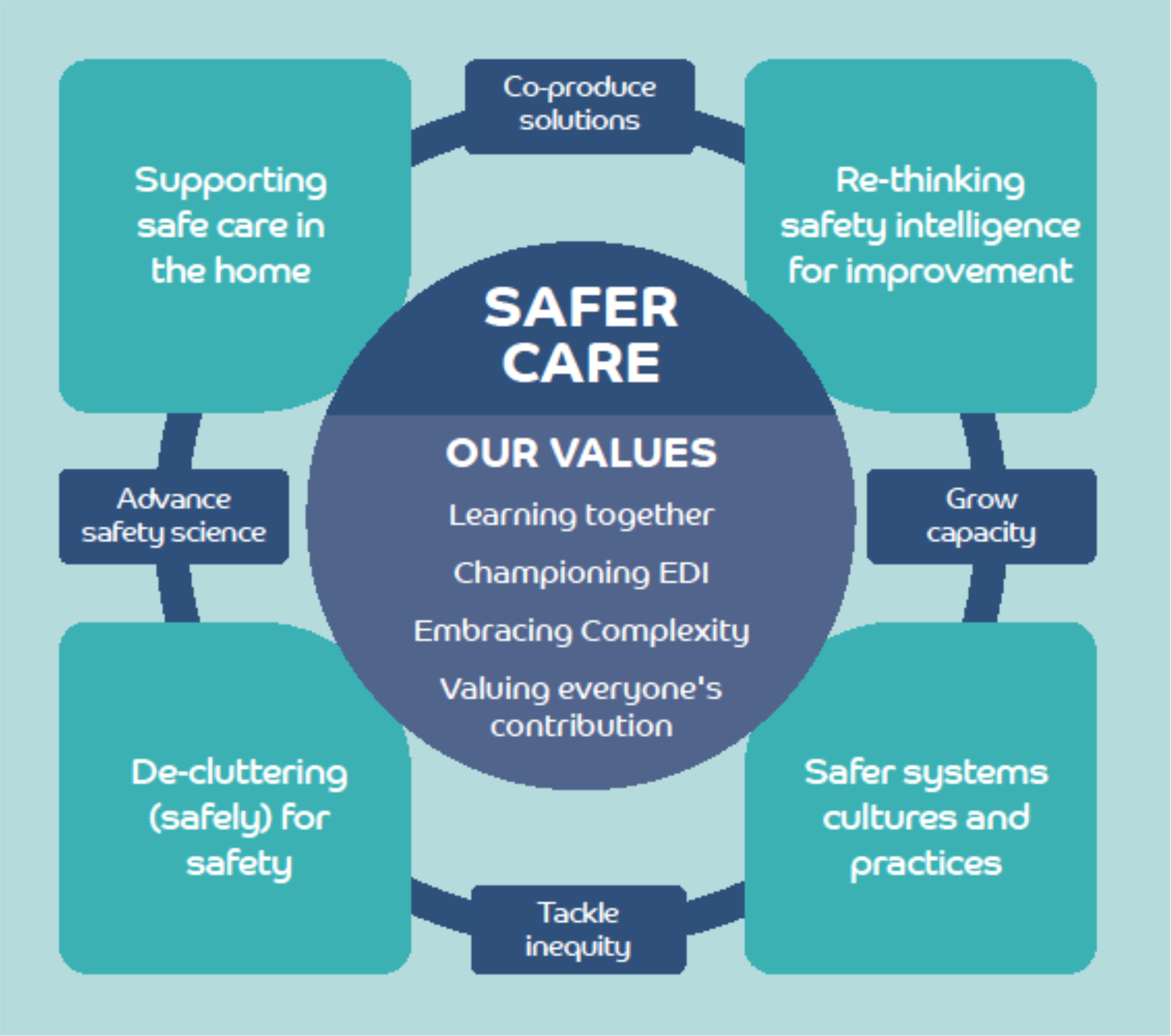
We will develop solutions and ideas (with patients and staff) that will make care safer by supporting patients/families, changing practice, informing policy makers and regulators and guiding leaders. Further to this we will generate evidence about disparities in safety to help tackle safety inequity.
We will use the funding wisely to collaborate with a range of partners (local, national and international), develop our research team and grow income so that we can respond rapidly to patient safety challenges now and in the future. In the process, we will advance safety science.
Over the next five years, the PSRCs will help researchers to develop and test innovations, approaches and interventions that will improve patient safety and the safety of health and care services. The funding will also enable partnerships to be built between health and care organisations, universities, local authorities, and patients and the public.
For more information about how to get involved in the work of the Yorkshire and Humber collaboration, visit: www.yhpstrc.org.
If you are a patient, carer or an interested citizen, you can join the Safety In Numbers Group (SING), work with us through our community networks or get involved as a lay leader.
If you are a member of staff in a health or social care setting and you want to find out more about the work of the centre or to join one of the projects, please keep an eye on the website for opportunities for short and long-term secondments, developing and testing new solutions and training. Contact Lucy Chapman or Lucy Sobia Bibi at yqsradmin
Thank you for reading and have a good weekend,
Rebecca


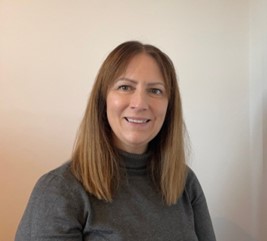 Hi, my name is Amy and I am the Chief Finance Officer for Mid Yorkshire NHS Trust and Wakefield Health & Care Partnership. My role is designed to test out a new way of working where we combine the role of a provider Director of Finance with a responsibility across Place as well. This is really exciting for me, as I am hoping it will enable us to continue to build on our great relationships with our partners, be able to think about our services across Wakefield, and do the right thing for our patients without money becoming a barrier to our success.
Hi, my name is Amy and I am the Chief Finance Officer for Mid Yorkshire NHS Trust and Wakefield Health & Care Partnership. My role is designed to test out a new way of working where we combine the role of a provider Director of Finance with a responsibility across Place as well. This is really exciting for me, as I am hoping it will enable us to continue to build on our great relationships with our partners, be able to think about our services across Wakefield, and do the right thing for our patients without money becoming a barrier to our success.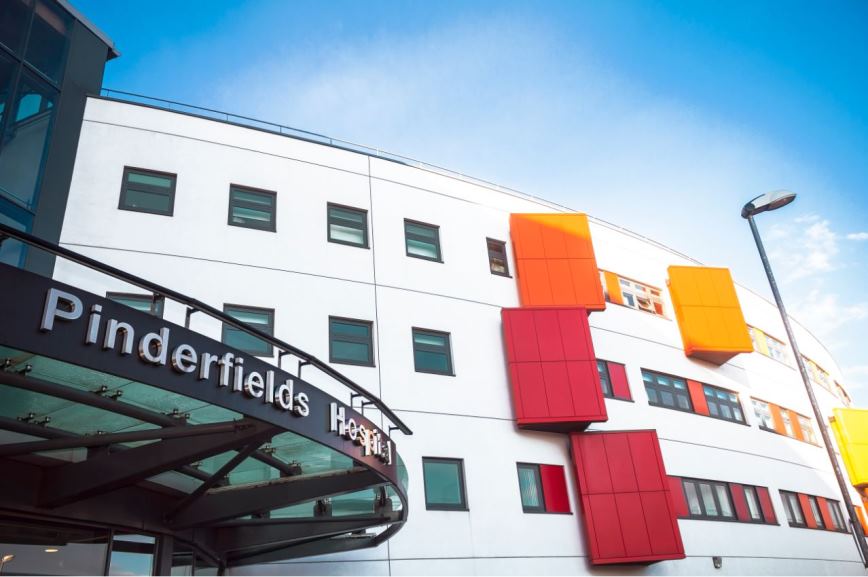

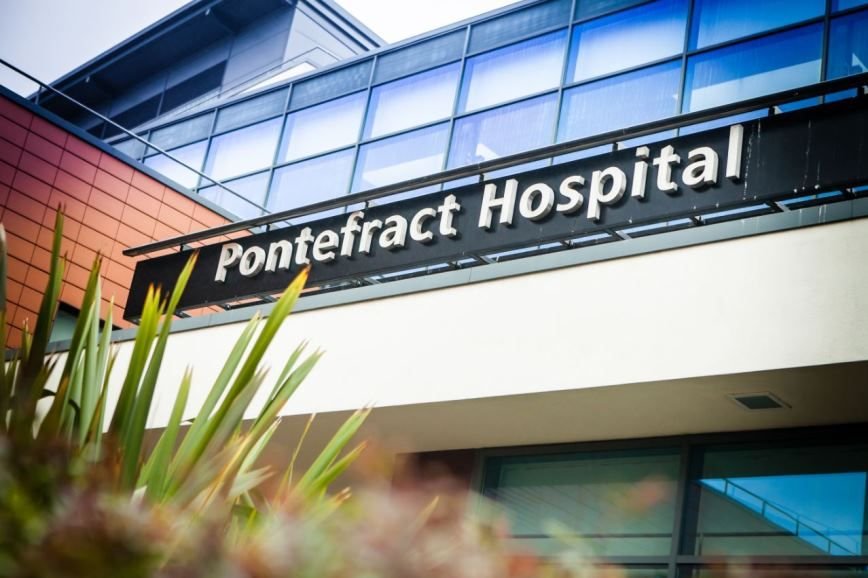 One thing that I am extremely passionate about is the equality and diversity of our finance teams across West Yorkshire (and nationally). I Chair the North East & Yorkshire Diversity & Inclusion Ambassador network and recently presented to the HFMA Conference on Workforce Inequalities in NHS Finance. Finance remains one of the workforces in the NHS where there is a significant gap in equality at Director of Finance level versus the make-up of the people we employ. And the make-up of the people we employ does not align to our populations. Ultimately, we need to do more to encourage a diverse workforce and then to support them to thrive and achieve. I reflect that, across West Yorkshire, we have a good mix of female and male Finance Directors, however we are not where we want to (or need to) be with regards to other underrepresented groups. In the Acute Sector there is a significant lack of diversity across our Directors of Finance, which makes it even more important for us all to consider how we recruit into these positions, what we offer, and how we make roles attractive to a wider market. Within the ICS Finance Forum we have a conversation every month on the work that is happening locally and nationally on this agenda so that we can take learning back into our organisations, implement best practice, and lead on making change happen.
One thing that I am extremely passionate about is the equality and diversity of our finance teams across West Yorkshire (and nationally). I Chair the North East & Yorkshire Diversity & Inclusion Ambassador network and recently presented to the HFMA Conference on Workforce Inequalities in NHS Finance. Finance remains one of the workforces in the NHS where there is a significant gap in equality at Director of Finance level versus the make-up of the people we employ. And the make-up of the people we employ does not align to our populations. Ultimately, we need to do more to encourage a diverse workforce and then to support them to thrive and achieve. I reflect that, across West Yorkshire, we have a good mix of female and male Finance Directors, however we are not where we want to (or need to) be with regards to other underrepresented groups. In the Acute Sector there is a significant lack of diversity across our Directors of Finance, which makes it even more important for us all to consider how we recruit into these positions, what we offer, and how we make roles attractive to a wider market. Within the ICS Finance Forum we have a conversation every month on the work that is happening locally and nationally on this agenda so that we can take learning back into our organisations, implement best practice, and lead on making change happen.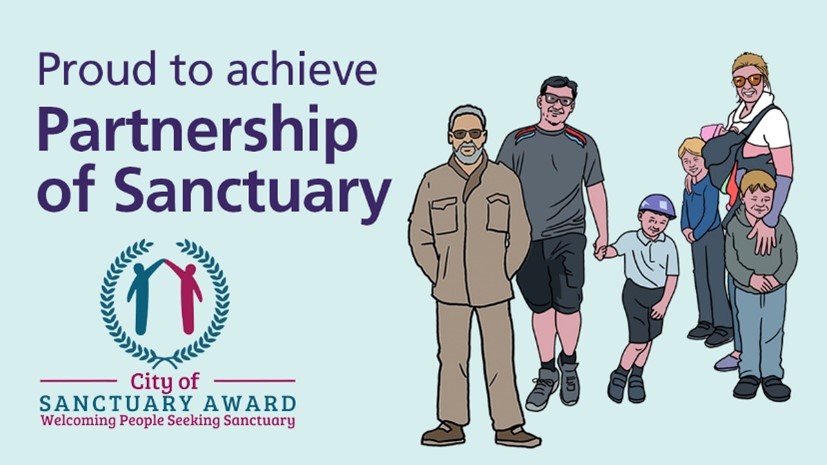 We are delighted to celebrate becoming the first Partnership of Sanctuary in the country. This is for going above and beyond to welcome people seeking sanctuary into West Yorkshire.
We are delighted to celebrate becoming the first Partnership of Sanctuary in the country. This is for going above and beyond to welcome people seeking sanctuary into West Yorkshire.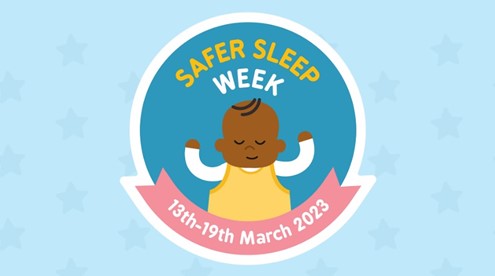 This week 13 to 19 March is Safer Sleep Week - the Lullaby Trust’s national awareness campaign aimed at anyone looking after a young baby. The aim is to raise awareness of sudden infant death syndrome (SIDS) and provide simple advice to reduce the risk of it occurring.
This week 13 to 19 March is Safer Sleep Week - the Lullaby Trust’s national awareness campaign aimed at anyone looking after a young baby. The aim is to raise awareness of sudden infant death syndrome (SIDS) and provide simple advice to reduce the risk of it occurring.